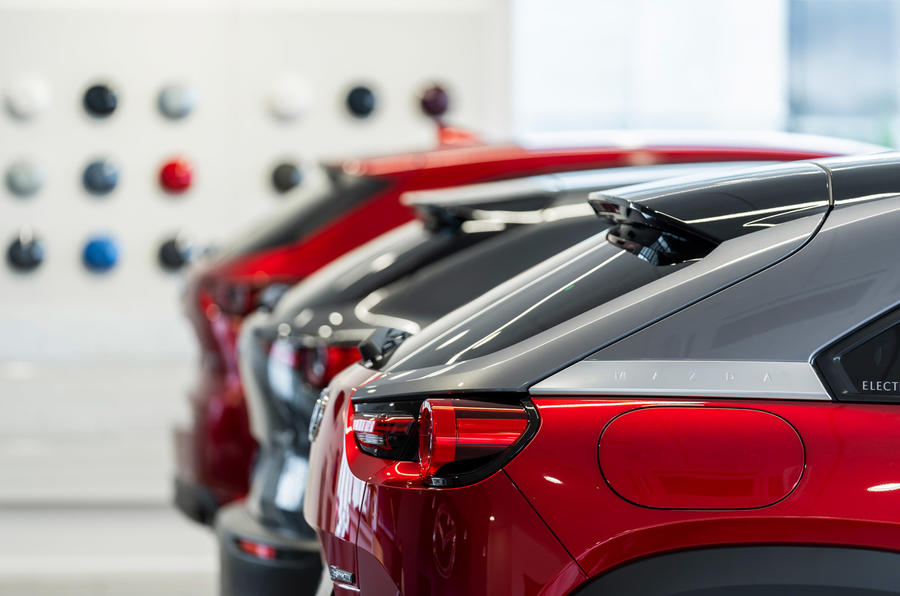The British Vehicle Leasing and Rental Association (BVRLA) has reported a further 2% reduction in its business contract hire (BCH) car fleet during 2021, with signs that operators are extending contracts to keep employees mobile while new vehicle deliveries are delayed.
Vehicle supply, primarily due to the ongoing global shortage of semiconductor chips, has become the biggest concern for the organisation’s 1000-plus members, who operate a combined four million vehicles in the UK.
Despite that disruption, their leased car and van fleet reached 1,876,426 at the end of 2021, returning to pre-pandemic volumes after a 5.1% year-on-year increase.
Recovery has been slower for company-leased cars. Members’ combined BCH car fleet shrank by a further 2% during 2021 to 759,527, which is 100,000 fewer than at the end of 2019 and 180,000 fewer than the first quarter of 2017.
Average contract mileage also increased by 12% to 55,075, with the BVRLA noting that operators are extending vehicle lifecycles to counteract longer lead times.
Renewed incentives for ultra-low-emissions company cars (50g/km CO2 or less) during 2020 are also having an effect.
During the fourth quarter of 2021, 78% of salary sacrifice orders and 42% of new BCH orders were battery-electric, while diesel was the least popular option for company car drivers with an 8% share.
In turn, average CO2 emissions for the BVRLA’s entire BCH car fleet fell to 92.9g/km, compared with 123.8g/km for the personal contract hire (PCH) fleet.
By comparison, the personal contract hire (PCH) fleet increased by almost 50,000 during 2021 (up 17.3%) to reach 326,041.
Demand for vans was even stronger, with the leased fleet growing by 80,000 (up 18.8%) to a record 498,280 – something the BVRLA credits to economic recovery and expanding home-delivery fleets.
The BVRLA data is echoed by SMMT registration figures for 2021, which show a 4.4% reduction in fleet and business car registrations (to 844,677), while private registrations increased by 7.4% (to 802,504).
Although the BVRLA is optimistic about the BCH car market recovering in 2022, it’s warning that it could take several years to get back to pre-pandemic levels.
BVRLA chief executive Gerry Keaney said: “The fleet leasing sector is driving demand for zero-emissions vehicles, but it's being starved of supply as manufacturers divert product to more lucrative sales channels.
"If this trend becomes a long-term one, the fleet sector will see more miles being driven in older, dirtier vehicles.”










Join the debate
Add your comment
This is something that is affecting me. My current company car is a 6 year old Golf, and I've waiting on its replacement since October last year. The Golf was due to be replaced over 2 years ago, but the lockdown happened, so all new company cars were put on hold across the business. I've been told to expect June, maybe July for delivery.
Not the end of the world for me, the Golf is at least a comfortable companion, but it is starting to need more care and attention. This year alone its had around £5000 of servicing and maintenance work done on it, including timing belt, injectors, brakes and suspension. I rely on my car to do my job, as I cover a large area as a service engineer.